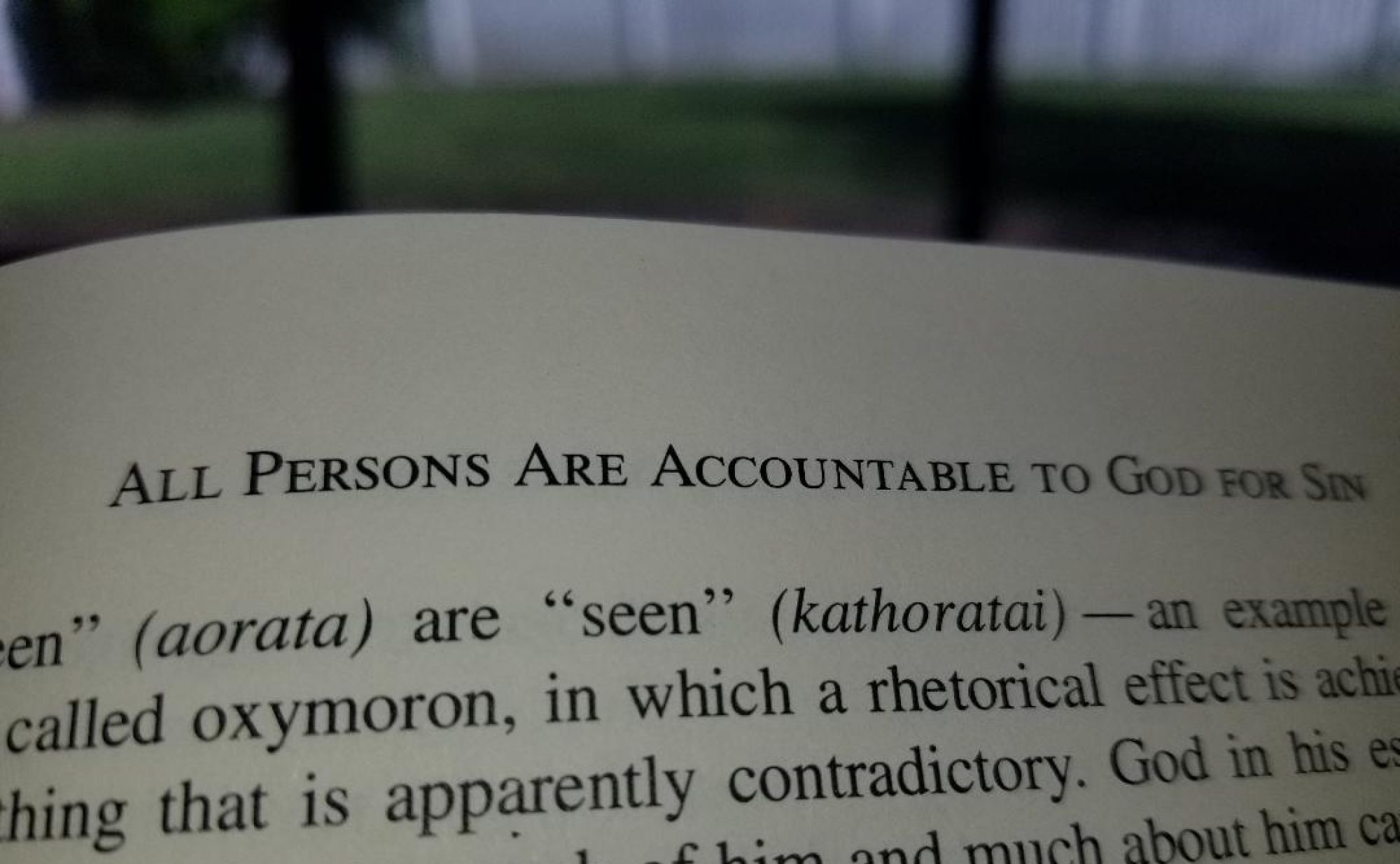
by John Ellis
In her latest comedy special,[1] Nikki Glaser reveals to the audience that she doesn’t want to have kids, confessing that being a mom is too much work. She then reluctantly admits that she could be a bad mom because being a bad mom doesn’t require a lot of work, quickly adding, “like being a good dad.”
The punchline points up the stereotype of fathers who are mostly absent, leaving moms to do most of the parenting heavy lifting. While Glaser found a new spin on the joke (and a funny spin, at that), the core of the joke is long running. There are those, though, who don’t appreciate it, much less find it funny. Likely because it hits too close to home.
Over the years, I’ve heard quite a few complaints about the portrayal of dads on sitcoms and in movies. The complaints argue that Hollywood doesn’t respect fatherhood because it makes a mockery of it with its depiction of bumbling, incompetent fathers who need almost as much parenting from their wives as the kids do. Except the thing about comedy is that good jokes are based in reality. Our society’s view of fatherhood and collective expectations in the parenting department for dads is largely anemic, and you don’t have to watch sitcoms to see it on display. To see men live out non-funny versions of sitcom dads, all you need to do is sit and observe fathers in complementarian churches.
Sadly, the poor understanding of what it means to be a father is taught, sometimes implicitly and sometimes explicitly, across complementarianism. Think of it this way by asking yourself this question: When your church has a woman’s event, do they offer childcare? When your church has a men’s event, do they offer childcare? I suspect that for many of you the answer to the first question is “yes,” and “no” for the second. I also suspect that many of you have never considered the implications of the practice of having childcare for women’s events and not men’s: women take care of children, not men.
Every church I’ve ever attended on a regular basis has been complementarian.[2] And at every single church I have heard multiple fathers nervously joke about surviving those rare moments when their wife is away for more than a couple of hours. While serving as a pastor in an SBC church, one of my pet peeves was the annual handwringing from both women and men about how the fathers and children would fair while the moms were away for two nights on the women’s retreat. It also used to bug me (and bug my wife) whenever my working wife would travel for work and the women in the church would express concern about my ability to feed and take care of my children all by my lonesome. My standard reply became, “If you want to bring me free food, I’ll take it. But I’m my kids’ parent, too, and am perfectly capable of fully taking care of them while Danita is out of town. Yes, we’ll miss her, but the meals will still be nutritious, baths will still be had, family devotions will still happen, clothes will still be clean and matching[3], homework will still get done, nighttime tucking in and bedtime stories and kisses will still bring the curtain down on the day, dishes will be washed, and the house will be clean when Danita arrives home.”
You see, my wife and I believe that both of us, since we’re both equally a parent to our children, should be doing all that stuff together anyway. As the father of my children, there isn’t a parenting task that I’m not fully capable nor willing to fulfill. And that’s the way it should be. But for many fathers in complementarian churches, that’s not the case. The domestic duties of the family are relegated under the purview of the wife/mother.
In many ways, complementarianism is just warmed-over Victorian family dynamics. The concept of the “mancave” can be traced back to the study/smoking room in Victorian houses. For Victorians, the home was considered the wife’s domain. This is why much of Victorian décor is traditionally “feminine.”[4] For his part, the father was to be a lion outside the house while away at work or out with the men, but a tamed cat inside the house. Even then, his role in the domestic duties, including parenting, was kept at a minimum. At dinner, children were to be seen but not heard so as not to spoil father’s meal.[5] After dinner, father would retire to his chair where he could smoke his pipe, sip brandy, and read in peace. Mother kept the kids busy and corralled so as not to disturb father’s peace. This notion of the home, and by extension much of the parenting, being the domain of the wife/mother is coursing through complementarianism.
John MacArthur flat-out teaches that, “a wife is to focus her life on the home. God has designed the family to be her sphere of responsibility.”[6] Never mind that the instructions and wisdom about parenting in the Bible include fathers, MacArthur and his complementarian buddies, under a rubric of patriarchal hierarchy, continue to teach Victorian family dynamics. In chapter 1 of the “Blue Book,” John Piper includes the word “protect” in his definition of masculinity and the word “nurture” in his definition of femininity.[7] I’ve heard complementarians teach that if a woman gets a college degree, it should be a “nurturing” field like teaching or nursing. I’ve also heard complementarians used the colloquial expression “mama bear” without a hint of irony.[8]
This ontological division, called complementarity, between men and women establishes the gender role framework that casts women as not only better suited than men to put their hands on the plow of domestic tasks but are designed to do so by God. Except, not only is it wrong that women are better suited than men to perform domestic tasks, but God has tasked both fathers and mothers with raising children in the fear of the Lord. Shamefully, the fact that many fathers in complementarian churches feel far less equipped than their wives to care for their children when operating as the sole parent is evidence that complementarian fathers are a less funny version of the TV sitcom dad.
[1] I have not seen the special; I don’t even know if it’s out yet. I saw a clip that included the above joke during one of Glaser’s talk show appearances.
[2] The churches of my youth, the ones my dad pastored, didn’t know the term. The so-called Blue Book wasn’t published until I was in high school. Even then, the editors, John Piper and Wayne Grudem, as well as every single contributor to the contents of the book would’ve been considered apostate new evangelicals in the independent fundamental Baptist world I grew up in. Nonetheless, my dad and every adult I knew while growing up was a complementarian, even if they’d never heard the term.
[3] Actually, clothes matching wasn’t always true, but that didn’t have anything to do with Danita being away. We often let our son, especially, but also our oldest daughter, make clothing choices that we would not have made. When he was in 2nd grade, our son loved to wear ties with t-shirts. Every morning he would proudly clip on his tie to his t-shirt and head off to school. It looks absurd, but my wife and I took the position that, if he’s happy with his clothing choice and his clothes are clean and cover the necessary body parts, who cares?
[4] Please note that I put feminine in quotes.
[5] Think about how much this lies about God the Father.
[6] John MacArthur, Jr., Different By Design: Discovering God’s Will for Today’s Man and Woman (Colorado Springs, CO: Chariot Victor Publishing, 1994), 70.
[7] John Piper, “A Vision of Biblical Complementarity” Recovering Biblical Manhood and Womanhood: A Response to Evangelical Feminism ed. John Piper and Wayne Grudem (Wheaton, IL: Crossway, 2006), 36.
[8] Complementarians, especially those who don’t read footnotes, will seize on this, though, and declare that protecting their children from threats is a form of nurturing. BINGO! And if you don’t get my “BINGO!”, I ain’t going to tell you.
